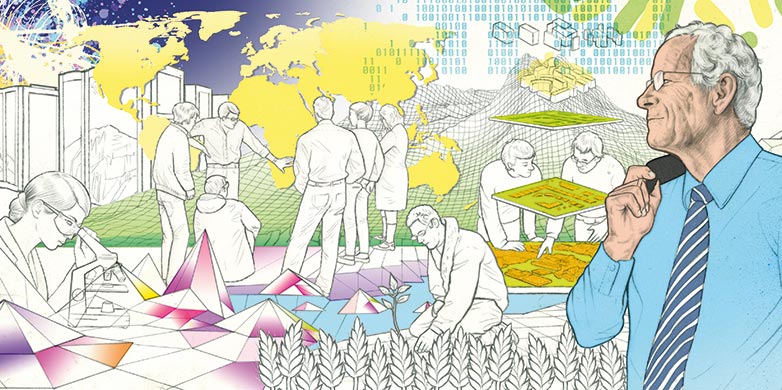Looking back on Ralph Eichler
ETH Zurich staff has been receiving the December issue of life in these days. The ETH community magazine focuses on Ralph Eichler’s time as president of ETH Zurich.
Ralph Eichler, president of ETH Zurich since 2007, will leave office at the end of the year. He will hand over the presidency to his successor Lino Guzzella, currently rector of ETH Zurich and a D-MAVT professor. The cover article of life, the ETH community magazine, considers his legacy.
Eichler’s time in office has been characterised by growth, globalisation and sustainability. ETH Zurich set up two new departments (D-HEST, D-USYS), expanded the ETH site in Basel (D-BSSE), and established its first research centre abroad (the Singapore-ETH Centre for Global Environmental Sustainability SEC). It repositioned the Swiss National Supercomputing Centre (CSCS) and opened the Binnig and Rohrer Nanotechnology Centre in Rüschlikon together with IBM. Support from the ETH Zurich Foundation has allowed the university to implement many strategic projects more quickly.
Even as president of ETH Zurich, Eichler didn't want to lose the “down-to-earth attitude of a physicist”, he says. “You have to listen carefully, consider everyone’s opinions – and then make a decision, take responsibility for it and correct any mistakes that come to light.” When he met members of ETH Zurich and other universities, his guiding principle was always to treat them as equals.
“Always ready to face difficult challenges”
Colleagues throughout ETH Zurich and the ETH domain appreciate the tremendous contribution Eichler made to the university during his term of office.
- Patrick Aebischer, president of EPFL and member of the ETH Board, valued his exchanges with Ralph Eichler: “He was able to take difficult decisions. He has a nose for good science, and he always says what he thinks.”
- Hugo Bretscher, the general secretary of ETH, describes Ralph Eichler as “a man with a calm disposition, who upholds clear values and enjoys taking action – but also knows the value of restraint.”
- Nicholas Spencer, president of the ETH Research Commission and a D-MATL professor, describes Ralph Eichler as “reliable, persistent, far-sighted, self-effacing, inclusive, provident, and respected.”
- Felicitas Pauss, the president of the Lecturers’ Conference and a D-PHYS professor, considers Ralph Eichler a responsible ambassador for the scientific community: “Quickened by innovation in science and technology, he is always ready to face difficult challenges.”
- According to Dieter Imboden, the long-standing president of the SNSF’s National Research Council, Eichler has been a steadying presence: “He is not given to dramatic words; he was unswervingly dedicated to a single goal: the highest quality in education and research.”
- Peter Widmayer, President of the University Assembly and D-INFK professor, concludes that “Ralph Eichler took over an ‘ailing patient’ in ETH and nursed it back to excellent health.”
- Jürg Dual, head of the D-MAVT, echoes this sentiment: “Ralph Eichler’s level-headed manner helped ETH to make progress in many areas in a more relaxed atmosphere.”
- Julia Wysling, D-Math student, served as president of the VSETH student association for a year. Of Ralph Eichler she says: “He is a friend of students – extremely committed, always approachable and always supporting ETH with heart and soul.”
The Executive Board bids farewell to Ralph Eichler and Roland Siegwart
-
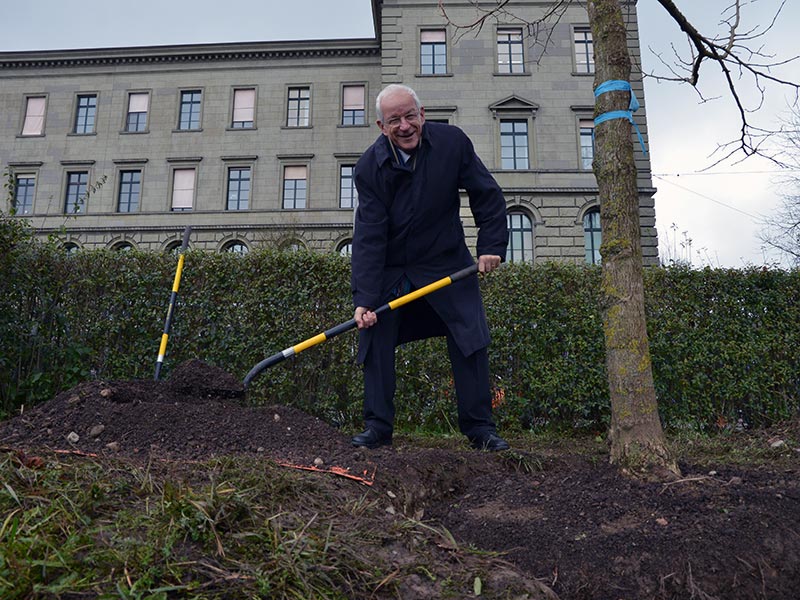
A lime tree at the Polyterrasse reminds of the ETH President. (Photo: Peter Rüegg) -
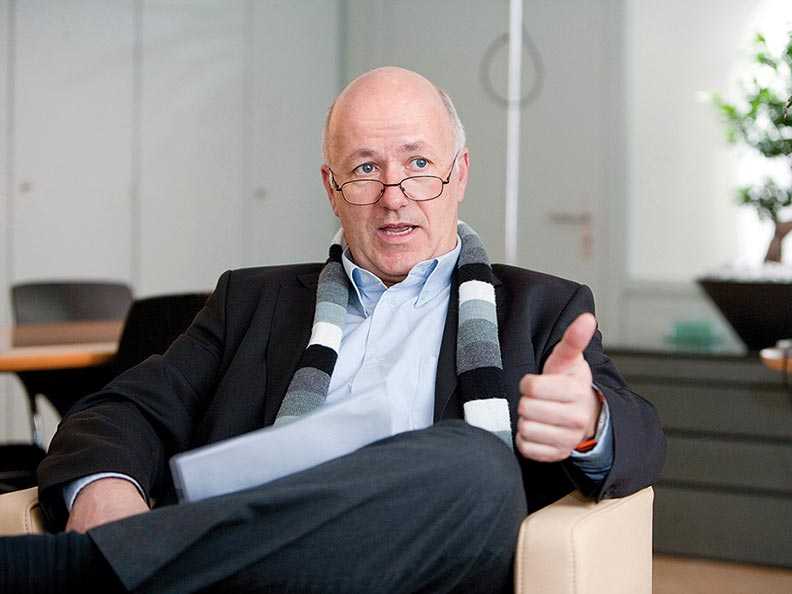
Roland Siegwart leaves the Executive Board but remains a fan of ETH. (Photo: Tom Kawara)
A lime tree for Ralph Eichler
On 9 December, the Executive Board planted a lime tree for Ralph Eichler by the exit from the student café bQm at the Polyterrasse to honour him for his service as ETH president from 2007 to 2014.
On 10/11 December the ETH Board also used its final meeting of the year to thank Ralph Eichler for his great commitment in the service of the ETH Domain. Under his leadership, the Paul Scherrer Institute (2002–2007) and ETH Zurich established themselves as leading institutions of teaching and research.
Roland Siegwart has been vice-president for research and corporate relations for five years. Research at ETH has enjoyed considerable success during his period in office. As he hands over to D-CHAB professor Detlef Günther at the end of the year, he is proud of ETH Zurich and full of enthusiasm about it. He is leaving the Executive Board as a true fan of ETH Zurich, he told life.
The December issue of life also takes a look at the ETH Institute for Theoretical Studies (ETH-ITS), the secretary of the ETH Ethics Commission, the agricultural research facilities in Früebüel ZG, and the new “Hello Kids!” service point for childcare.
The life magazine presents people of ETH Zurich
-
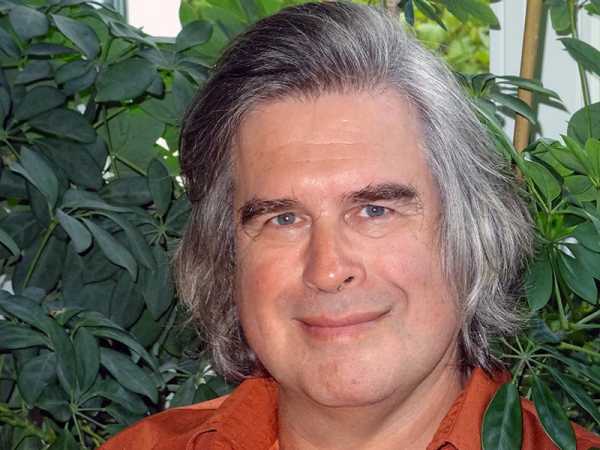
Gilles Brassard, senior fellow at the ETH-ITS, discovered quantum teleporation. (Photo: Florian Meyer) -
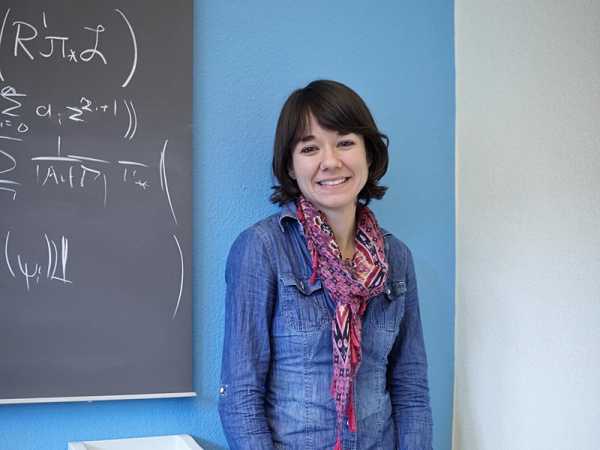
Emily Clader, junior fellow at the ETH-ITS, explores Stringtheory through mathematics. (Photo: Giuseppe Micciché) -
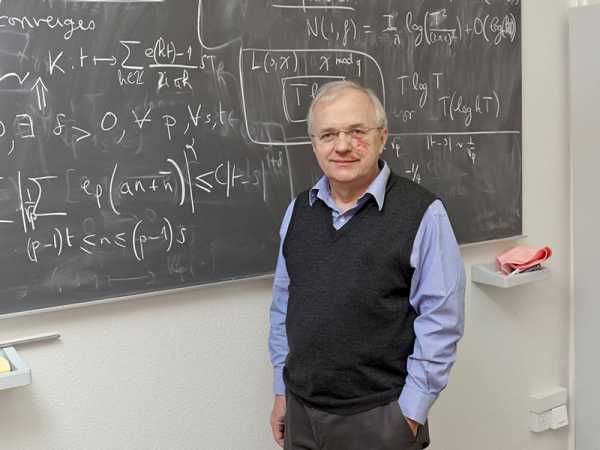
Fascinated by Prime numbers: number theorist Henryk Iwaniec at the ETH-ITS. (Photo: Giuseppe Micciché) -
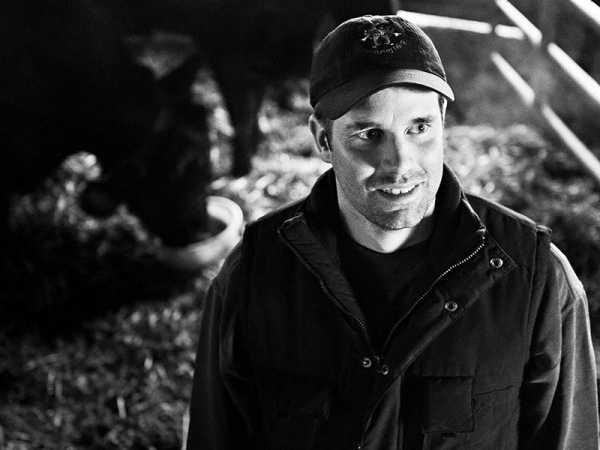
Claudio Bowald manages the farming business at ETH's Früebüel farm. (Bild: Florian Bachmann) -
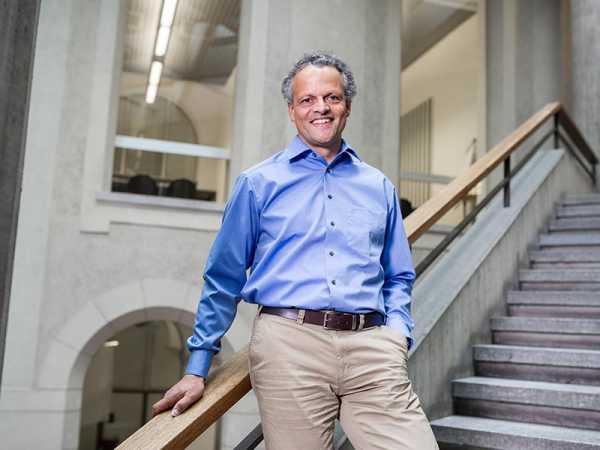
Raffael Iturrizaga, secretary of the ETH Ethics Commission, supports researchers. (Bild: Oliver Bartenschlager)

